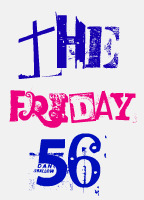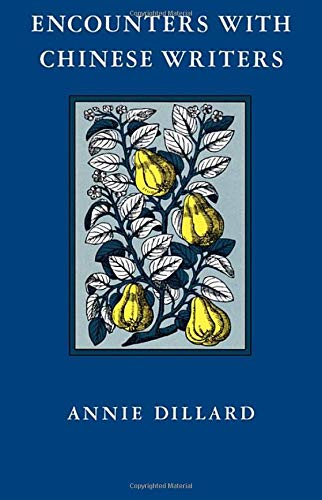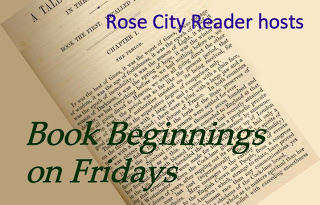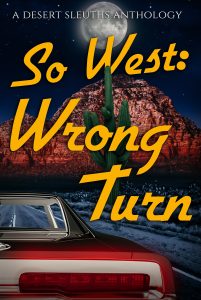I don’t usually share the nonfiction I read, but this week I’m making an exception with Encounters with Chinese Writers by Annie Dillard for Book Beginnings on Fridays.
Book Beginnings is a fun meme hosted by Rose City Reader blog. To participate, share the first sentence or so of a novel you are reading and your thoughts about it. When you are finished, add your URL to the Book Beginnings page linked above. Hope to see you there!
Encounters with Chinese Writers* by Annie Dillard
(*Amazon Affiliate link)
Summary:
In the spring of 1982, Pulitzer-prize winning author Annie Dillard traveled to China with six scholars and writers in an exchange program. Soon afterwards, a group of Chinese writers came to visit the U.S. The book is a collection of stories about their interactions, both humorous and insightful.
First Sentence:
We are being feted at a banquet in Beijing, in one of the restaurant’s many private banquet rooms. The room is drab and charmless; the food is wonderful.
Discussion:
I like how she chose to use the present tense to make the scene more immediate, even though the event was from the past.
I’m also always impressed by someone who is confident enough about grammar to use a semi-colon properly. 😉
56
The Friday 56 is hosted by Freda’s Voice. The premise is simple. Turn to page 56 in the book and pick a quote.

Although we’re not really supposed to include context, it helps to know the group has just been asked which American works should the Chinese translate as prime examples of our literature.
And what, pray tell can we answer? Which writers, which works? I like Updike: Pigeon Feathers, Rabbit is Rich. A Toyota dealer and his wife make love on a bed of gold coins. A major American novel, out of the question. I like Marilyn Robinson, Housekeeping. A young girl in Idaho gives in to sloth. What would they make of Pynchon’s V? The room in which a Chinese reader lives may, or may not, have a single twenty-five-watt bulb. China has little paper, for printing books or anything else. I think of those trees in afforestation plots by the river, by the tracks, those trees one man or woman plants by hand, pats a cone of mud around, digs a ditch beside, waters…they’re virtual houseplants, these trees; they’re pets. How many trees should they fell to print what and why?
Although this was from 1982, it is still a question. What books would you translate? What books would you take with you to a desert island? I think one or two of Annie Dillard’s might make the cut.
What do you think? Have you read anything by Annie Dillard?






